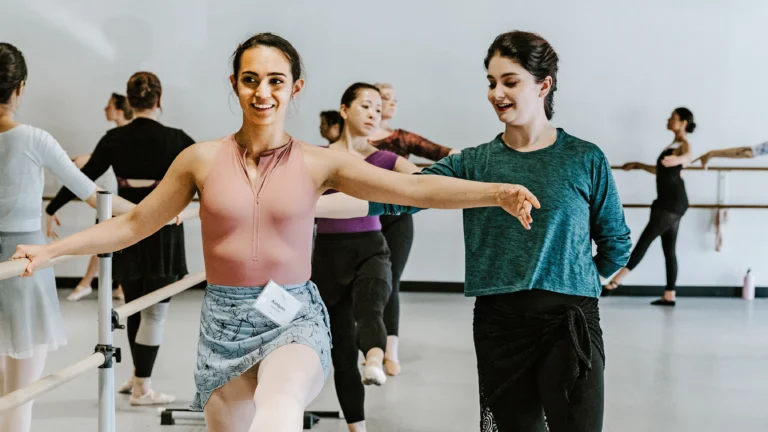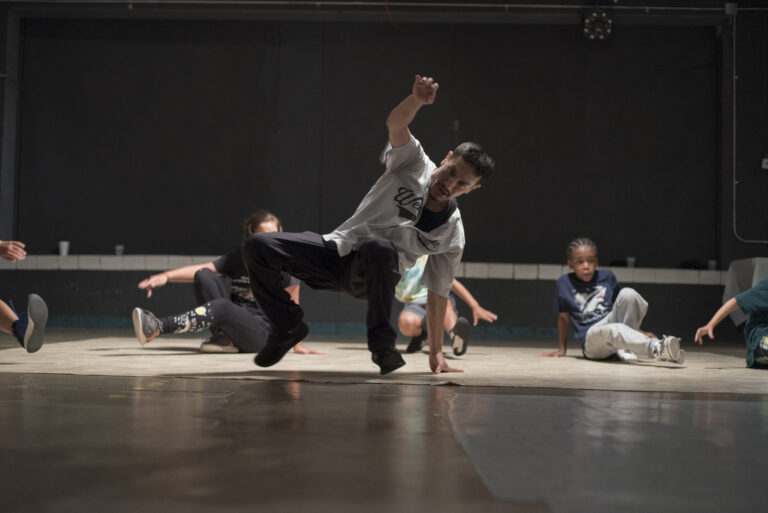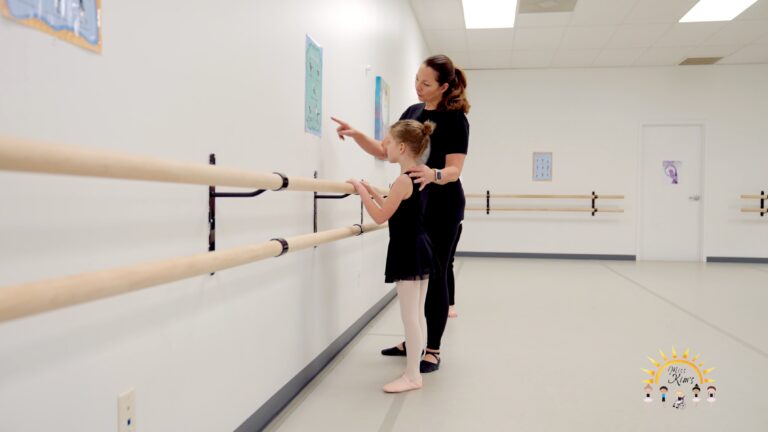
Offering discounts at your studio—for families with multiple children taking class, for a dancer who takes multiple classes, for paying a year’s tuition up front—can become a slippery slope for an owner. CPA Sean Dever, who also does studio-bookkeeping consulting work, likes to remind his clients that discounts aren’t nearly as common in other businesses. “Say you and a group went to dinner tonight—you bought five meals. Did the restaurant give you 20 percent off for the second and third meal? How much does the Holiday Inn discount for staying a second night or bringing a second guest?” he asks. “Everything we buy as consumers is never discounted, yet studio owners all feel the need to discount. Chances are, you’re discounting way more than you’re actually making.”
Discounting doesn’t need to be a one-up from the studio down the street. Nor should it be a guessing game or a complex mathematical formula. Here’s how you can determine, set and offer discounts that make sense, without ending up in the red.
What Is an Appropriate Discount?
Dever recommends that you first figure out what your profit margin is. “People give discounts anywhere from 5 to 25 percent,” he says. “But if you’re making 10 percent profit, and you’re giving a 20 percent discount, you’re taking a loss.” Your discount percentage should never be greater than that of your profit. “If you’re at a 10 percent profit—which is probably the norm—a 5 percent discount would be sufficient,” he says.
At her eponymous studio in Vancouver, Washington, owner Liz Borromeo offers a 5 percent family discount, meaning families with more than one child taking class receive 5 percent off their total monthly tuition. “I’ve taught dance for 20-plus years,” she says, “and there’s always a sibling. I would rather encourage them to take class than stare through the window.” She has a slight counter to this discount reflected in her registration fee: Though an individual’s registration fee is $25, she charges families with more than one child registering $40.
Consider the “Slow-Class” Discount
Though Dever tends to disapprove of studio owners offering multichild or multiclass discounts, there is one discount he can get
behind: what he calls the “slow-class” discount. If a parent is willing to register his or her child for a second class that falls within a day and time slot that is difficult to fill, Dever recommends offering a discount. “At that point, I’m even willing to go to 10 percent,” he sa”They’re already paying me in full for the first class, so this second class is extra money for me. Now, I’ve got a student registered two or even three times, and my slow classes are getting fuller.” Think of these difficult-to-fill classes as clearance items that you’re willing to offer at a discounted rate, says Dever.
How to Change Your Policy—Without Upsetting the Parents
If heavy discounts have long been the norm at your studio, you may find it difficult, after considering your profit margin, to scale back and offer a smaller discount that makes sense for your revenue and expenses. Dever recommends making a change
like this in either January or the start of the studio season, in September. “Do it at the same time as you would implement a pricing change,” he says. “Do an overhaul of your discounts. Do it once and be done with it.” If you’re worried about the reaction of your parents, remember that this won’t affect the majority of your clientele, who take only one dance class a week. If you feel the need to explain your reasoning for the change in discounts in writing or in person, Dever advises using language like: “We’ve had an influx of students, which means more demand for certain classes. We’ve gone through our bookkeeping processes and realized that we had to make some changes.”
When and How to Use Groupon
“The negative to Groupon,” says Dever, “is that you get people who are just trying something.” The nature of any online coupon service, offering heavily discounted promotions specific to a city or region, is that “you get people who step in 30 days and then step out,” says Dever. “It disrupts classes.” Instead, offer Groupons for holding birthday parties or special events in your space, or save Groupon deals for your summer dance camps.




